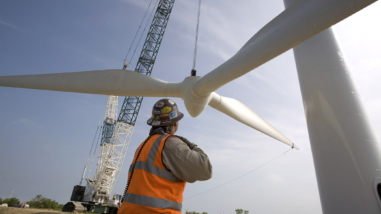American Council for an Energy-Efficient Economy
For The State Energy Efficiency Technical Assistance Project
-
Amount$100,000
-
Program
-
Date Awarded11/12/2012
-
Term12 Months
-
Type of SupportProject
Strategies



